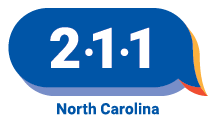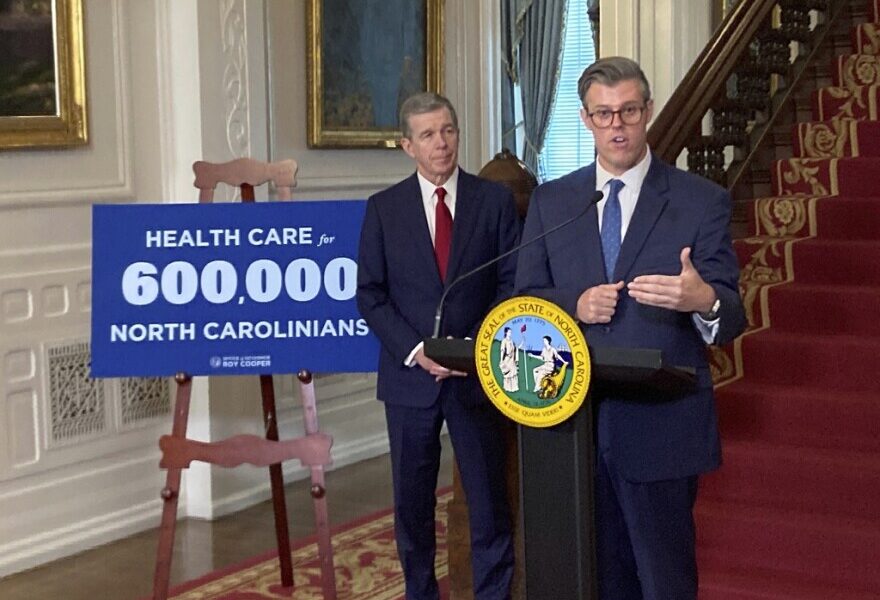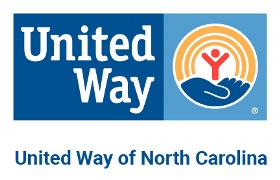April 1, 2024. Enrollment in North Carolina’s new Medicaid coverage for low-income adults has surpassed 400,000 in the expansion program’s first four months, Gov. Roy Cooper announced on Monday.
The full health benefits coverage for some adults ages 19-64 who earn too much to qualify for traditional Medicaid began on Dec. 1, roughly two months after lawmakers completed their last step to implement a deal available through the 2010 federal Affordable Care Act.
Nearly 273,000 people, most of whom had been receiving Medicaid for family-planning coverage alone, were covered on the first day of enrollment. Since then, North Carolina has enrolled an average of more than 1,000 people a day — a rate that Cooper’s office says outpaces other states that have expanded Medicaid.
“This milestone and the speed at which we’ve reached it shows just how lifechanging Medicaid expansion is for our state and we will continue to get more eligible North Carolinians enrolled,” Cooper said in a news release.
Cooper’s Department of Health and Human Services projects that the state’s enrollment under expansion will reach 600,000 within two years. DHHS is working with an array of health organizations and nonprofits to recruit more enrollees.
Many enrollees are young adults or disproportionately live in rural communities, according to the news release, which added that expansion recipients already have benefited from over 700,000 prescriptions and generated more than $11 million in dental service claims.
“People aren’t just getting covered, they’re getting care,” DHHS Secretary Kody Kinsley said in a video on social media.
Since becoming governor in 2017, Cooper, a Democrat, lobbied hard for the Republican-controlled General Assembly to accept expansion. The legislature and Cooper enacted an expansion law in March 2023, but a separate state budget law also had to be approved.
The federal government pays 90% of the cost of expansion, with the remainder paid by an increased assessment on hospitals.
Enrollment also means North Carolina is poised to receive a $1.8 billion bonus over two years from the federal government. DHHS told lawmakers last month that it had already distributed $198 million of that money to nearly 50 government, health, education or nonprofit initiatives.
See the original article here.


